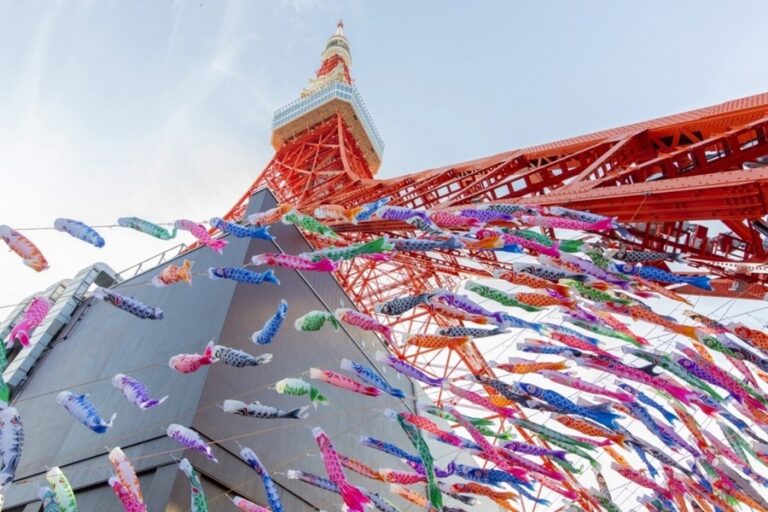Wabi-Sabi Wonders: The Allure of Imperfection in Japanese Culture
In a world often obsessed with perfection, Japanese culture celebrates the beauty of imperfection through the philosophy of wabi-sabi. Rooted in Zen Buddhism, wabi-sabi finds elegance in simplicity, tranquility, and the natural cycle of growth and decay. This captivating aesthetic offers a refreshing perspective on life, encouraging appreciation for the imperfect and transient. Discover the wonders of wabi-sabi and its profound influence on Japanese art, design, and everyday living.
The Subtle Beauty of Wabi-Sabi in Japanese Tea Ceremonies
The Japanese tea ceremony, or chanoyu, is a quintessential expression of wabi-sabi. Here, simplicity and rustic elegance take center stage. The use of handcrafted tea bowls with irregular shapes and earthy glazes highlights the beauty of imperfection. The serene setting, often adorned with weathered bamboo utensils and aged tatami mats, fosters a deep sense of peace and mindfulness. Participating in a tea ceremony allows one to experience firsthand the tranquil charm of wabi-sabi.
Embracing Imperfection in Kintsugi
Kintsugi, the art of repairing broken pottery with lacquer mixed with gold, silver, or platinum, beautifully embodies wabi-sabi. Rather than discarding damaged items, kintsugi celebrates their flaws, transforming them into unique works of art. Each repaired piece tells a story of resilience and continuity, making it more beautiful and valuable than before. This practice not only preserves cherished objects but also teaches the profound lesson of finding beauty in imperfection and impermanence.
Wabi-Sabi in Japanese Architecture and Design
Japanese architecture and interior design are deeply influenced by wabi-sabi principles. Traditional homes, or minka, often feature natural materials like wood, stone, and paper that age gracefully over time. The asymmetry and rustic simplicity of these structures create a harmonious blend with their surroundings. Inside, minimalist decor, subdued colors, and natural light create spaces that are both functional and serene. The wabi-sabi aesthetic encourages a connection with nature and a sense of calm in everyday living.
The Influence of Wabi-Sabi on Japanese Garden Design
Japanese gardens, known for their meticulous design and natural beauty, are a living testament to wabi-sabi. Gardens like the famous Ryoan-ji in Kyoto use rocks, moss, and gravel to create landscapes that evoke a sense of timelessness and contemplation. The deliberate placement of weathered stones and the cultivation of moss and lichen highlight the passage of time and the beauty of natural imperfection. Wandering through these gardens offers a meditative experience, inviting visitors to slow down and appreciate the fleeting moments of beauty.
Conclusion
The philosophy of wabi-sabi offers a profound and enriching perspective on life, one that finds beauty in imperfection and harmony in simplicity. From the elegant tea ceremonies and the art of kintsugi to the serene architecture and gardens, wabi-sabi is deeply woven into the fabric of Japanese culture. Embracing wabi-sabi encourages us to appreciate the transient nature of life and to find joy in the simple, imperfect, and authentic moments.
Explore the wonders of wabi-sabi and discover the timeless allure of imperfection in Japanese culture. Let this philosophy inspire you to see the beauty in the everyday and the extraordinary in the imperfect.






